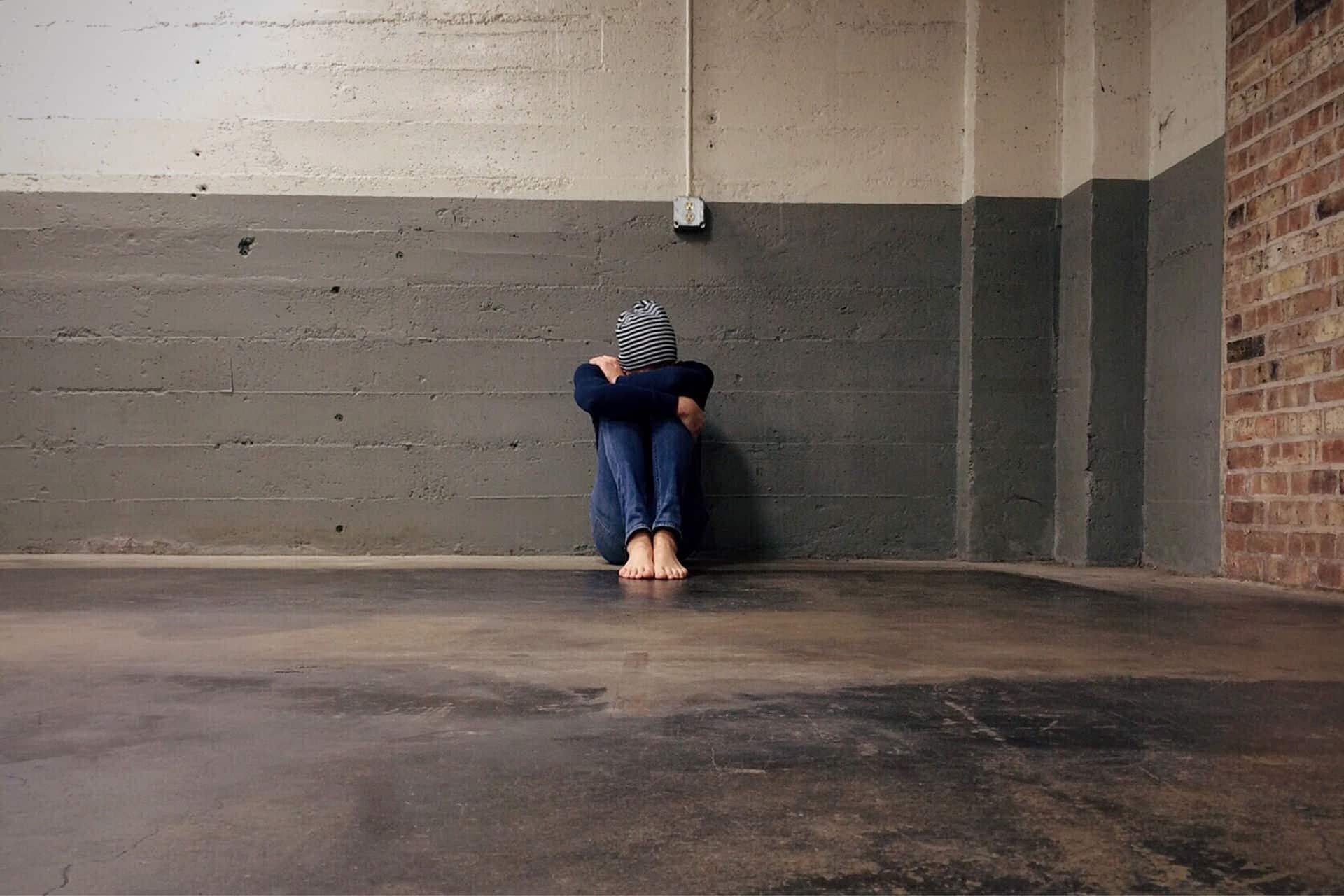Contact Orlando Treatment Solutions
For any other questions please call us or fill out the contact us form. We're here to help you at Orlando Treatment Solutions.
Contact Us Call Now (321) 415-3213Popular Post
Drugs can impact memory in several ways. Short-term memory loss is an effect of drugs, which makes it difficult to remember things that have recently occurred. Long-term memories may be more easily forgotten with drugs because drugs tend to depress the central nervous system, resulting in slowed reflexes and slower processing of information. Drugs are often used as tools for suppressing unpleasant memories.
The use of drugs to suppress memories is associated with certain psychological disorders, or seen as a method of coping with or escaping from traumatic life events. It was once believed alcohol does not cause amnesia but instead prevents it.
How Does Memory Work?
To answer this question, let’s take a look at the process of how memory works. When you come across something new, your body takes images of it and transfers them to your brain for permanent storage. For example, when you’re looking at an apple, your eyes are taking images of it. That image is transferred to the occipital lobe in the back part of the brain where it is processed through neurons until it becomes permanently stored in both short-term memory and long-term memory.
Short-term memory allows us to immediately begin processing information without needing that information to be permanently stored. However, if short-term memory doesn’t transfer into long-term memory during sleep or while doing other tasks then that information will likely be forgotten.
What is Gray Matter in the Brain? How Does it Relate to Memory?
Gray matter in the brain is responsible for processing information that your brain gathers through your five senses. This includes sights you see, sounds you hear, tastes, touches, and smells. But gray matter also supports abstract thought and language as seen in the example of a person speaking at a podium using only words.
Gray matter is more prominent in some animals than others. Humans have very little compared to say a cat or dog with proportionally larger brains because they rely on instincts rather than abstract thinking as humans do. In terms of memory function though this doesn’t seem to be as important as how limited capacity storage space for certain types of memories can be more about where those memories are processed rather than how much total space the brain has to work with.What Other Factors Impact Memory?
There are other factors that impact memory as well. A person’s mood and memory do not necessarily go hand-in-hand. A person can be in a very good mood and still have poor memory recall, or vice versa. This is known as state-dependent memory and means that people remember things most easily when they are in the same emotional state as when the event occurred. It is essentially one type of context-dependent memory (another type relates to the place where you learned it).
We use drugs regularly every day, drugs such as caffeine which we drink to stay awake, antihistamines; which we take to reduce our bodies’ response to allergens like pollen and dust mites, and many other drugs. Drugs help us survive and function better.
This includes treating psychological disorders such as:
- Drugs that increase serotonin levels which can help to reduce depressive symptoms
- Substances that affect dopamine and norepinephrine levels for those suffering from ADHD
- Drugs that are used to control epilepsy, and many other conditions
More About Drugs and Memory Loss
What we know is that drugs impair memory. The drugs we take drastically alter our brain chemistry and therefore influence how well we remember things because so many of the drugs we use affect neurotransmitters — chemicals in our brains specifically those related to memory formation.
For example, alcohol has been found to reduce activity in the hippocampus part of the brain, leading to short-term memory loss. In fact, any drug that affects our hormones or neurotransmitters will impair memory because these drugs are what allow us to form memories in the first place.
As drugs do not affect everyone equally, there must be variables affecting this drug response. It appears that other factors may play a role; for example, how often drugs are taken, each person’s unique biology/personality and genetics could all play a role. We know drugs affect our brains differently but why this so has yet to be determined. Until then perhaps it is best to take care of ourselves by avoiding drugs or at least being careful about usage.
When ingesting drugs, it is important to consider the effects they have on your brain chemistry. These effects have an impact on one’s memory formation processes. For instance, people using drugs such as marijuana should be conscious of the potency of the drug due to its mind-altering effects.
Can Drugs Affect Your Memory?
Drugs can affect your memory. A lot of drugs work by altering the brain’s communication system, the chemicals that pass messages from one neuron to another. Many drugs can interfere with those communications and therefore alter a person’s mood, behavior, thought processes, and perception of their environment.
This interference can lead to memory loss as well as a host of other cognitive problems such as trouble concentrating or thinking rationally. In addition, drugs affect memory because they have an effect on all parts of our being — physical, mental, and emotional. They change our body chemistry which is connected to our minds and affects how we perceive things around us.
Can Drug Abuse Cause False Memories?
Drug abuse can cause false memories if drugs cause psychotic episodes. The drugs that can cause this include cocaine, methamphetamine, and drugs used to treat ADHD – including amphetamine products, methylphenidate products, ephedrine, and phentermine. These drugs can also damage brain cells which could be a reason for memory loss.
Alcohol is a common substance ingested by many people under various circumstances to alter their mood or behavior. It is one of the most commonly abused drugs in society causing problems such as obesity due to over-consumption.
Which Drugs Can Cause Memory Loss?
The following drugs have been associated with impaired or altered memory:
- Cocaine
- Marijuana
- MDMA
- LSD
- Heroin
- Alcohol
- Barbiturates
- Amphetamines (including “ecstasy”)
- Opioids (pain killers)
Enter a New Phase of Recovery at Orlando Treatment Solutions
After combing through the haze of binge drinking and blackouts, you’ve come to the end of your rope. Substance abuse can play a major role in memory formation. You may think that doesn’t impact you so much now but wait until the long-term effects kick in. Orlando Treatment Solutions is here to provide you with the tools to live a healthier lifestyle. If you or a loved one are struggling with addiction, reach out to us today.
Contact Us
CALL US NOW
Orlando Treatment Solutions will iron out the details for you in a manner that will make you confident in your path to sobriety. That first simple call is your ticket to making Orlando Treatment Solutions your solution for addiction. Get the freedom from addiction that you deserve today.
Call us now on (321) 415-3213Updated News
LATEST POSTS
Orlando Treatment Solutions makes numerous media outlets available to encourage you in your recovery process. Digital media literature is approved by a licensed professional and intended to guide you in your recovery path.

Years of experience
Our leadership team has extensive experience in dual-diagnosis treatment and is ready to help those who are struggling with substance use and mental health.

Specialists
Our staff consists of many licensed addiction and mental health treatment facilitators and other staff who are ready to share their experience and their success.

Happy patients
Orlando Treatment Solutions has helped over 2,000 people who have struggled with substance use (alcohol and drug addiction) and mental health find freedom.
Contact Us
GET IN TOUCH
Reaching out to Orlando Treatment Solutions may be the most important call of your recovery process. A caring professional is waiting for your call to be your guide to addiction-free living.
Need Help? Contact Us
Areas and Cities We Serve SUD & Mental Health Treatments in Florida
Oviedo Deland Palm Coast Jacksonville Port St. Lucie Tampa Altamonte Springs Kissimmee St Cloud Winter Garden Winter Park Clermont Melbourne Sanford Deltona Lake Mary Mount Dora Leesburg The Villages Union Park St. Augustine Dupont Port Orange Ormond Beach Holly Hill Daytona Beach Edgewater Oak Hill Maytown Eldora Geneva Titusville Christmas Port St. John Port Canaveral Cocoa Beach Osteen Satellite Beach Palm Bay Roseland Sebastian Fellsmere Gifford Rockledge
 info@shc.health
info@shc.health 




